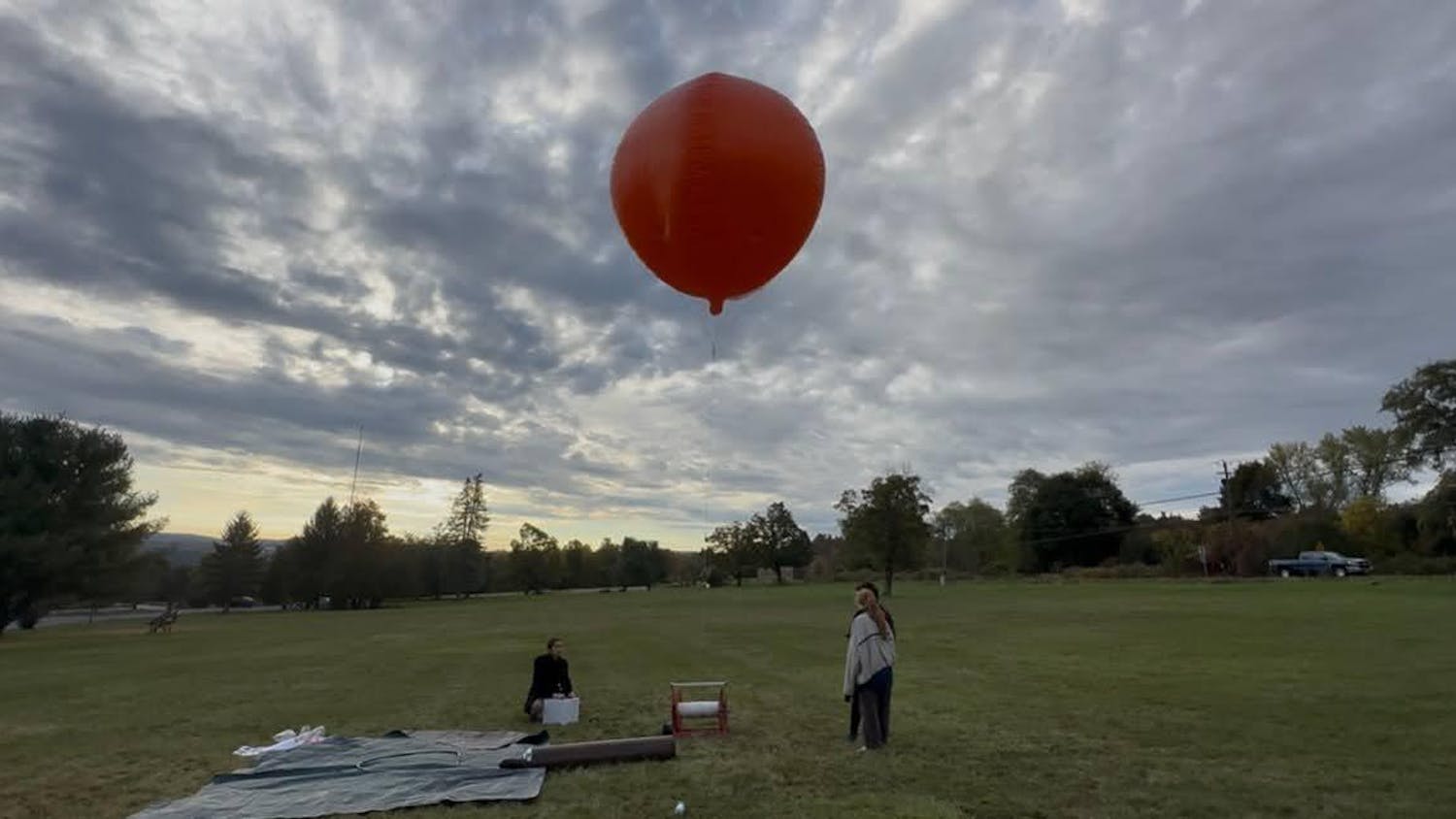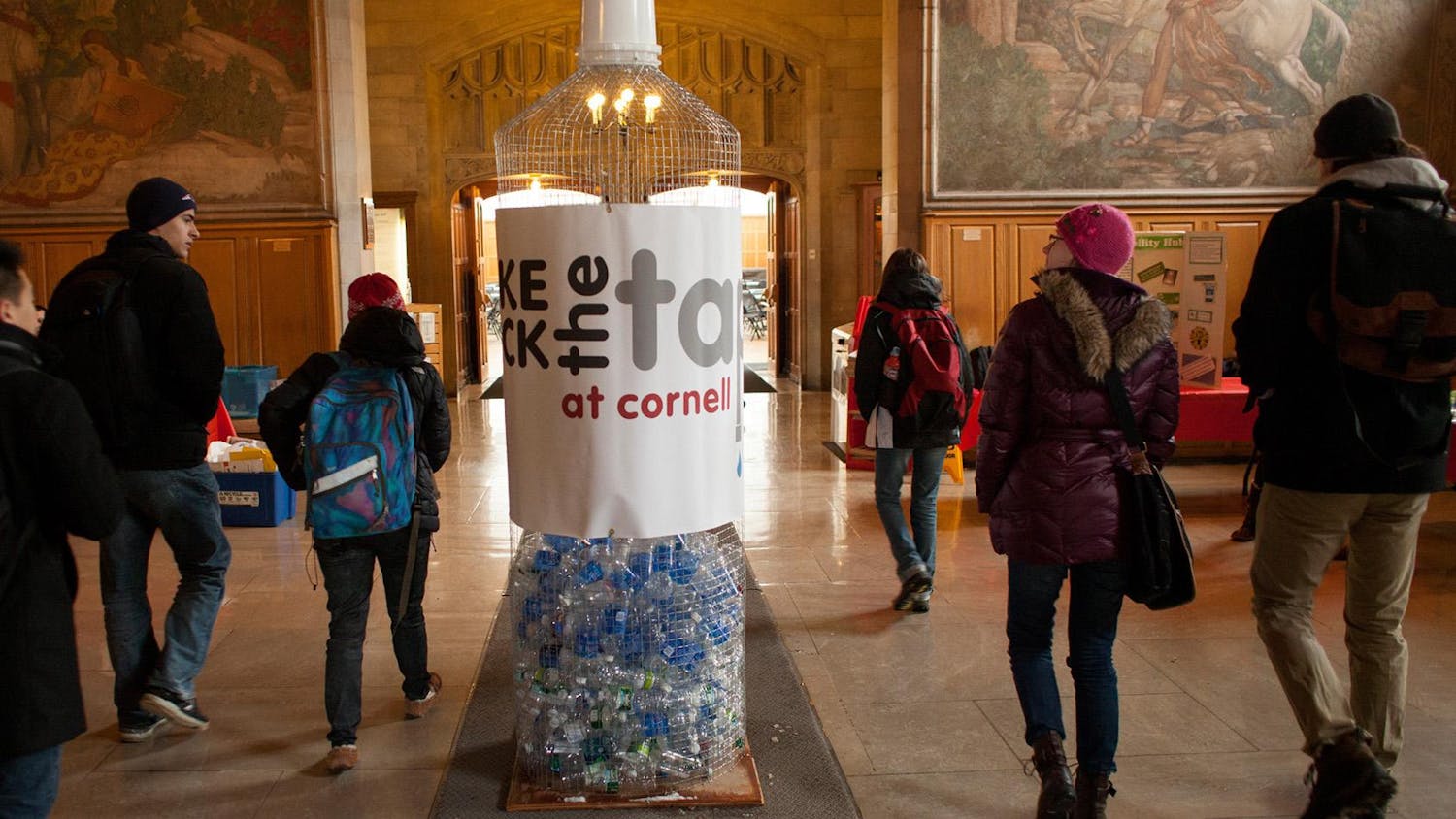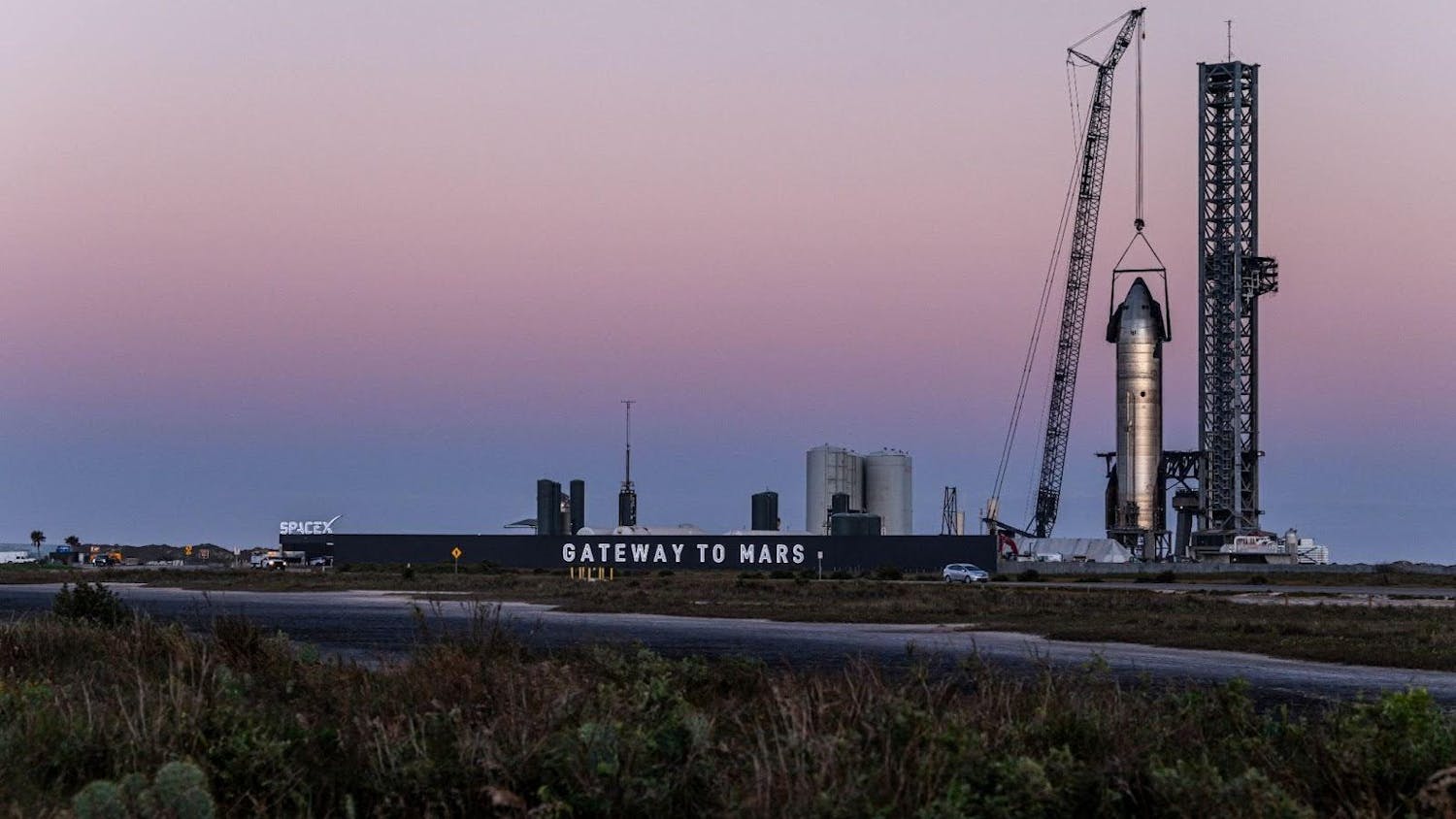In my last column, I detailed the trajectory of my disillusionment and current disgust for politics in the United States. I painted a picture of national apathy: of low voter turnout, of a cynical citizenry, and of a rigged political system. I painted a picture, though. It was a crude sketch, sure, missing those subtle colors that youth hides from the eye. It was an angry drawing, too: the type of caricature that five-year-olds make of their disciplinarian teacher. However, the fact that this picture is not a blank canvas is more of a rebuttal to my argument than any response could muster. The truth is that I do care about politics. I care about it deeply. To be clear, I am not saying that I will start working for the Obama campaign, or any campaign for that matter. That is out of the picture. I am saying that when we more broadly understand politics, it becomes so central to “caring” that the two are nearly indistinguishable. Political engagement is the relationship we have with our own existence. From how we get our food to how we pick our friends to our life’s aspirations, everyday choices are inherently political. Consequently, to be apathetic is as political of a statement as voting. To refuse to vote is not only as powerful but also as consequential of an action as voting would be. Granted, neither is terribly powerful or consequential, but my point is that they both say something, even if one is saying nothing. Therefore, when we start to broaden our understanding of what can be seen as politics, we find it everywhere. To not vote is a passive refusal to negotiate with a system that one does not perceive he or she has a stake in. To offer me water when I am thirsty is a direct expression of human solidarity. To call an ambulance when you see someone get hit by a car is both an act of mutual aid and a vote of confidence in the medical service that the state provides. Do we have conscious political intentions for any of these actions? Of course not. Does it matter? I don’t think so. Politics is another way of describing our worldview, and whether we acknowledge it or not, our traditional political beliefs are built to fit that framework. If we lived in infinite solitude, with no world around us, politics would be unnecessary. However, the moment that we meet something else — the moment that we stumble out of the constructed bubble that is the self—we find politics. That is the intersection between identity and perspective, and to not care about it would equate us to a boulder. So while I whined in the last column about how it’s difficult for me to care about politics, I now feel more comfortable saying that it’s difficult not to. Original Author: Daniel Marshall
Why I Care About Politics
Reading time: about 3 minutes
Read More










